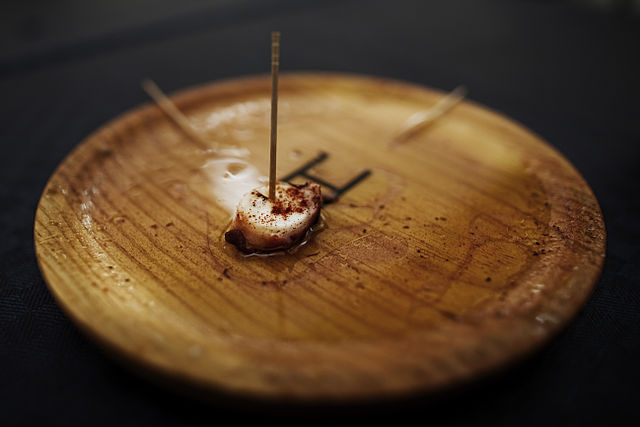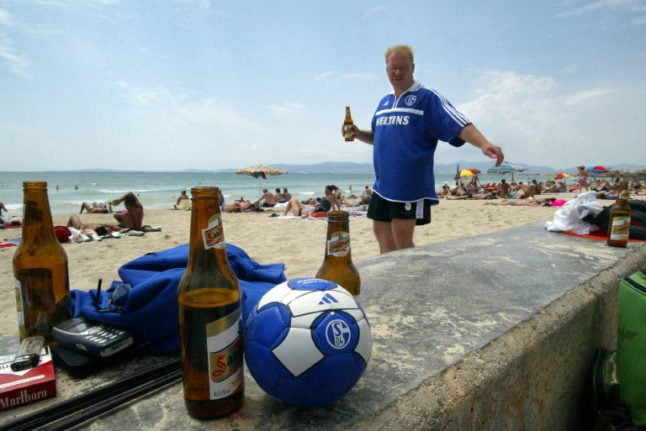Eating in Spain is more often than not about sharing, so much so that restaurants all over the world refer to their group finger food platters as being ‘tapas’ even though the food isn’t actually Spanish.
With eating being such a social affair here, you may have picked up on the fact that whenever the plate of food is down to its last piece, friends and families will put down their forks and just let that last bocado (mouthful) sit, sometimes even until the waiter takes it away.
On other occasions some jostling and jeering will ensue as each person eggs on the other to eat la de la vergüenza, ‘the shameful last piece’.
Just to be clear, this is all done in a comical tone, and eating the last piece won’t bring great shame on you and your loved ones for being such a ‘greedy’ eater.
It’s simply customary for nobody to want the last bite, or at least to pretend not to initially.
Where does the tradition come from?
According to some sources the tradition started in Spain’s rainy northwestern region of Galicia, where instead of la vergüenza it’s referred to as a vergoña , in Galician.
The tradition is meant as a courtesy for those who are feeling hungrier.
But in antiquity a Galician host would want his or her guests to eat until they burst.
It was a matter of honour back then, and the discreet way out of it for the guest was to leave a single piece on the plate to show they were completely stuffed and could eat no more (Galicians still have a reputation for eating a lot, by the way).
Nowadays the tradition of leaving the last piece of food on the plate is customary all over Spain.
It’s a way of showing respect and good manners to the people you are dining with, as well as a good way of feeling like a local.
And if you forget about it and gobble up the last piece – don’t worry – there will always be another ‘one of shame’ to have a friendly debate over.
READ ALSO: The many ways Spaniards refer to your face if you’re being cheeky




 Please whitelist us to continue reading.
Please whitelist us to continue reading.
How customs differ in different countries.
I’ve always considered that the greatest compliment you can offer the cook is to eat every crumb, and accept more if it is offered.